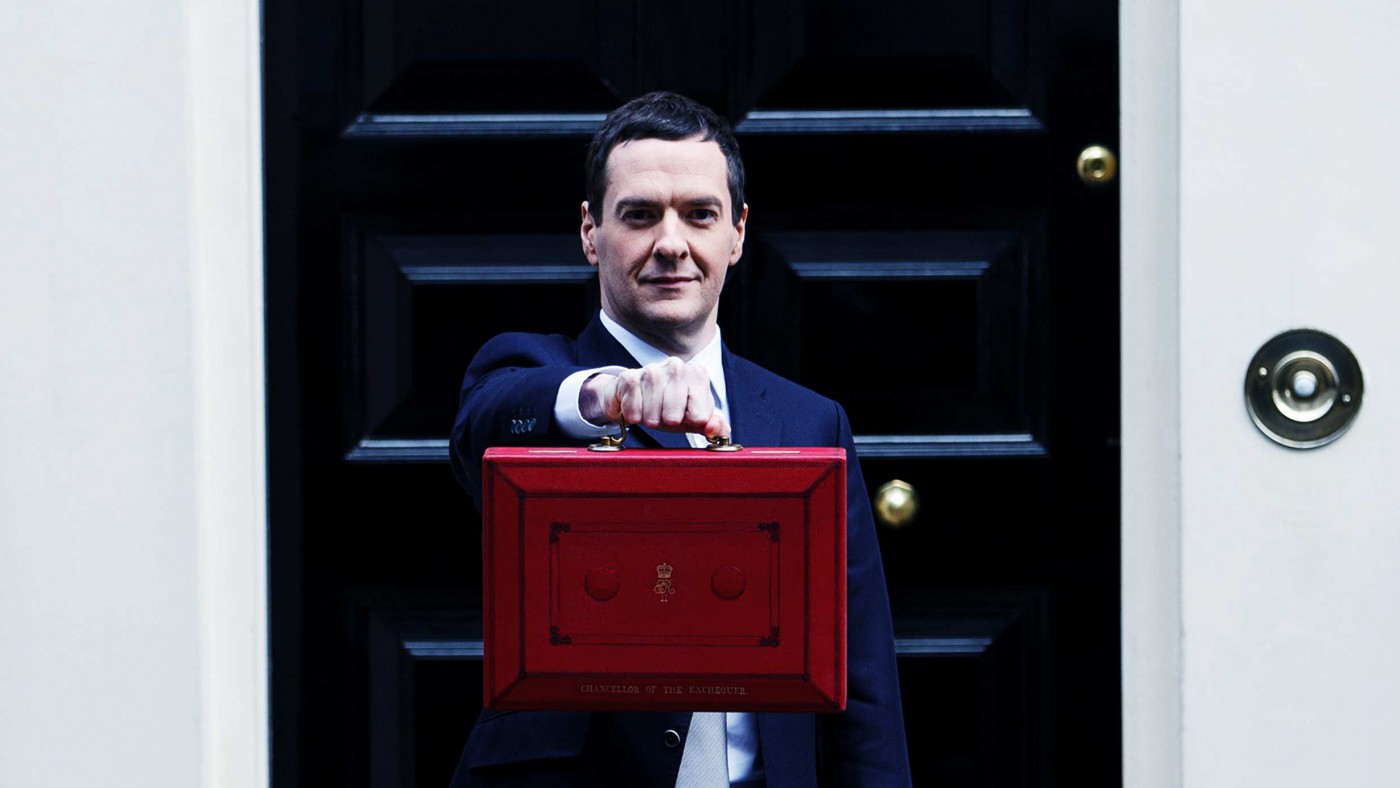“Wisely and slow; they stumble that run fast”. George Osborne might well heed Shakespeare’s warning in “Romeo and Juliet” as he stands at the Dispatch Box for this week’s Budget.
The Chancellor’s last effort contained 127 clauses, 21 schedules, and more than 700 pages of changes and explanatory notes. Yet it was passed as a law with a minimum of scrutiny by Parliament and within 55 hours of the publication of its details.
One of the essentials of reducing tax avoidance is to ensure that we pass good, clear tax laws which leave little room for ambiguity. This is key to ensuring there are fewer grey areas in the future than there were in the past.
Usually, the Finance Bill will go through the Committees of Parliament in which there is the ability for MPs to scrutinise the proposals. There have been welcome improvements to the process of drafting tax law with a tax consultation framework that was issued in 2011, but the most recent Finance Act was placed before the House of Commons at 10am on 23 March 2015 and was given Royal Assent on the 26 March 2015 at 5pm.
The scrutiny that one would normally expect for detailed, complicated taxing powers have become just a few hours of Parliamentary process. Some parts had been subject to consultation, but there were plenty that hadn’t.
It doesn’t seem right that such important legislation can be passed on the nod. The last budget contained changes of complexity and substance. Changes to entrepreneurs’ relief that came out of the blue; the diverted profits tax or “Google Tax”; and a range of reliefs which look similar to some which have been subject to cries of avoidance in the not so distant past.
This time we believe that sufficient Parliamentary time must be spent scrutinising and understanding the unintended consequences of the Chancellor’s post-election budget.
Proper scrutiny of legislative change is vital to the smooth-running of the tax system. Without that scrutiny the Government may be fuelling the potential for tax avoidance rather than achieving its rightful objective of collecting more from the grey areas of the fiscal frontline.
It is likely that the Chancellor will focus a lot on tax avoidance in this Budget as he sets out how he will balance the books over the next few years. We believe he needs to ensure that better-framed legislation sets a foundation for a new approach to solving this age-old problem.
He needs to tackle the sheer scale of Britain’s tax laws. The Ten Commandments were captured in fewer than 200 words. The American Declaration of Independence stretched to nearly 1,300. Magna Carta, meanwhile, ran to a tight 4,000.
The UK tax code now stretches to around 10m words on nearly 21,000 pages. It takes more than 10 times the number of words in the Bible to lay down how Britain’s companies and citizens should pay the right taxes at the right time.
We also believe there is clearly a need for a new era of better standards of behaviour all round – from accountants, tax advisors, tax administrations, businesses and individuals.
Businesses need to be more transparent. The public at large needs better informed on tax.
As well as the current focus on tax avoidance, we believe that Government should focus more on criminal evasion and better resource that area of work.
These measures are a recipe for reducing avoidance and bringing clarity to the tax system.
If the Conservatives are to be a truly reforming Government they should tackle these complex and difficult areas now. There may never be a better opportunity.


